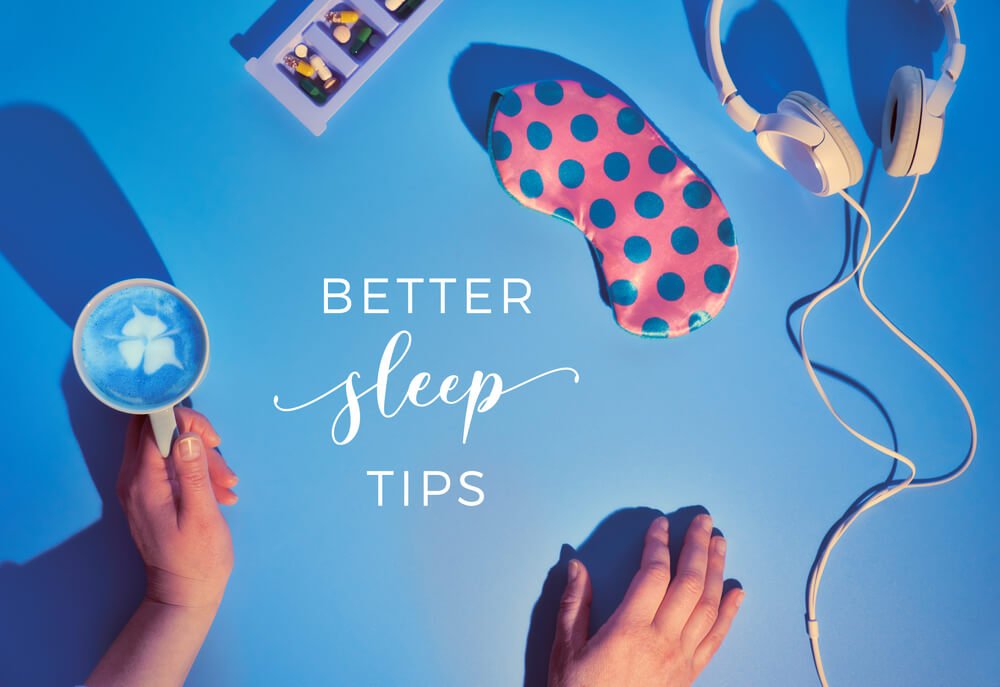#Lights #TV #Computer #Smartphone #Sleep
““Even when we are asleep, our autonomic nervous system is active. And our heart rate along with other cardiovascular parameters is meant ot be lower at night, any light inhibits that”--Paul Ebeling
- Researchers from Northwestern University found even a moderate amount of light exposure while sleeping has a negative effect on our heart health and metabolism, increasing our risk of developing Type 2 diabetes
- Light controls your internal clock known as your circadian rhythm, which is influenced by melatonin production in the pineal gland. Light exposure at night inhibits melatonin, which plays a role in many health functions
- Melatonin is a powerful antioxidant with anticonvulsant, antiviral, antibacterial and antiexcitotoxic properties. It has the rare ability to enter the mitochondria and prevent impairment; melatonin has been used in the treatment of sepsis, and as an adjunct treatment for COVID
- Consider making changes to your routine that lower your nighttime light exposure, such as not turning on the lights if you get up at night, using a dim light near the floor if you need light to navigate at night, avoiding white or blue light in the evening and using blackout shades or a sleeping mask
Researchers found that just 1 night of sleeping with light in your room can launch a domino effect, affecting your level of melatonin, insulin resistance, heart rate and heart rate variability. The research was published in the Proceedings of the National Academy of Sciences (PNAS).
The findings suggest that repeated and prolonged exposure to artificial nighttime light plays a role in our health. We are just beginning to understand the role of circadian rhythms on health, and this is further evidence that there is a connection. So, avoid watching television before bed as the light delays production of melatonin and affects sleep quality.
Have a prosperous day, get good rest, sound sleep, Keep the Faith!









